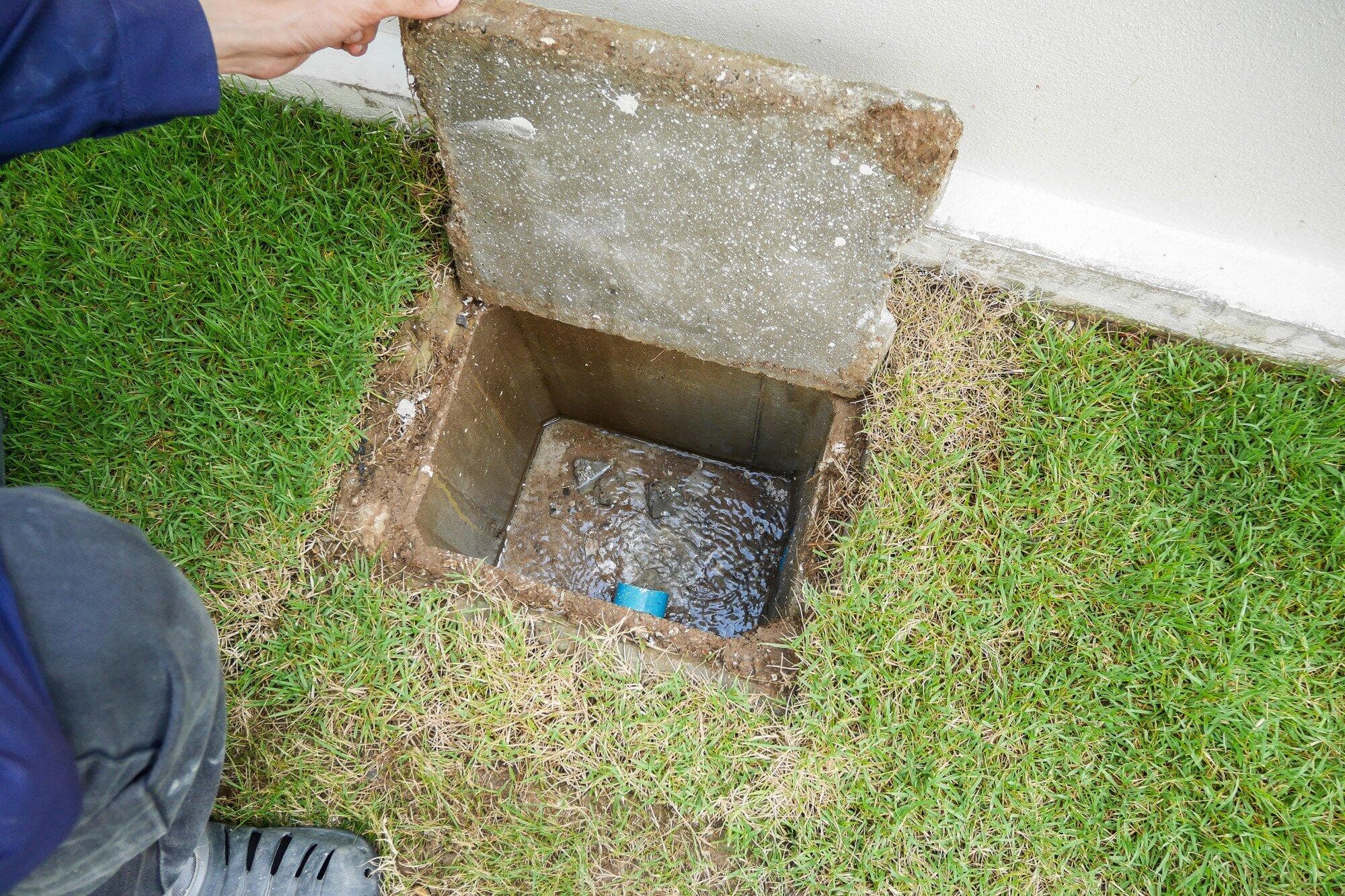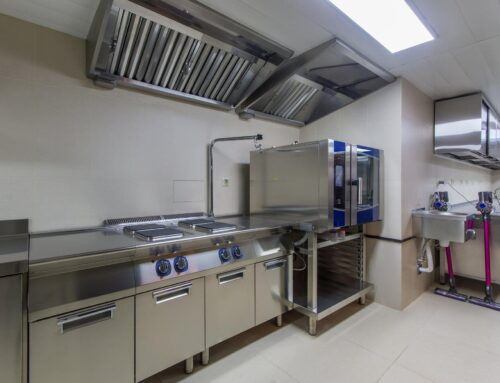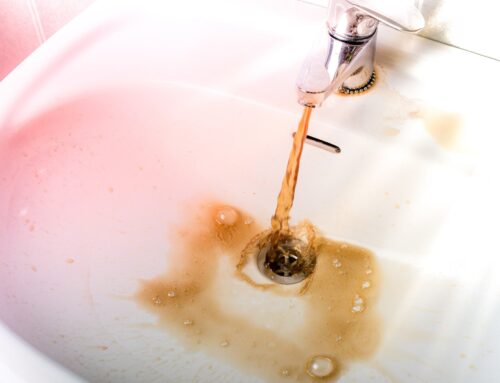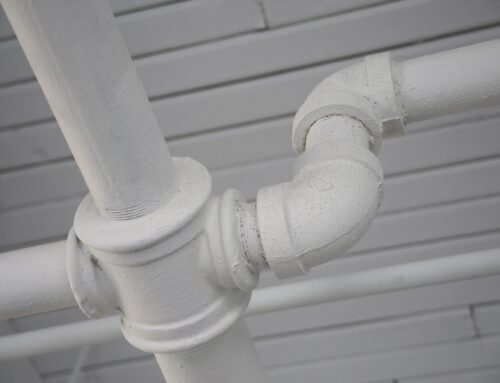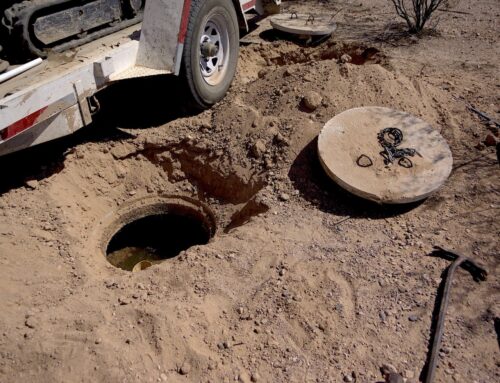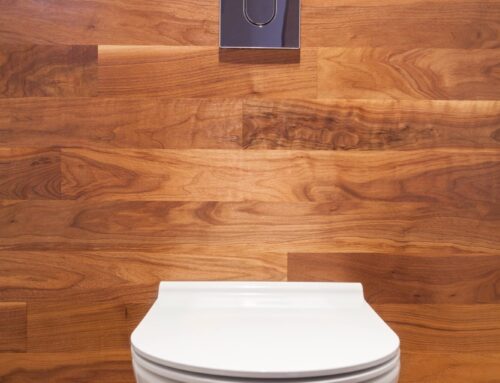The health of a septic system is crucial for the cleanliness and safety of the home environment. So, what are the best methods for a clean system? And more specifically, what are the safe cleaners you can use?
Let’s go over what you need to know so you can avoid disrupting the system, which can lead to costly repairs and environmental harm.
Understanding Septic Systems
A septic system typically consists of two main parts: a tank and a drainage field. Waste from your home is separated in the tank. Solids settle at the bottom, while liquids flow into the drainage field, where the soil naturally filters them. This delicate process relies on a balance of bacteria and natural methods to break down waste. When this balance is upset, problems like blockages and contamination can occur. For instance, the tank overflows can lead to unpleasant odors, slow drainage, or even sewage backup in extreme cases.
The Impact of Cleaners on Septic Systems
Choosing septic system cleaning products plays a vital role in maintaining the delicate balance within a septic system.
Many common household cleaners contain harsh chemicals that can kill the beneficial bacteria in the tank. The system can’t properly break down and process waste without these bacteria. This disruption can lead to blockages, overflows, and system failure. For example, bleach and ammonia are two common culprits that can harm a septic system. They might clean surfaces well, but when they go down the drain, they can create issues in the tank. It’s not just about what these cleaners do immediately; their long-term effects can be costly and harmful to the environment.
Recommended Septic Safe Cleaning Products
Septic-safe cleaners are designed to be effective at cleaning while not disrupting the natural processes in your septic tank. The key is to avoid harsh chemicals that can kill beneficial bacteria that break down waste. Ingredients to steer clear of include chlorine, ammonia, antibacterial agents, and high concentrations of bleach.
Instead, look for labels that specifically mention being septic-safe. These products are usually less harsh and more biodegradable. They do the job without causing harm to the essential bacteria in your septic system.
There are several good options available when choosing specific septic-safe cleaning products. For laundry, opt for liquid detergents, as they tend to be less harsh than powders, which can sometimes clog the system. It’s also a good idea to choose phosphate-free laundry detergents. Phosphates can encourage algae growth in local waterways, leading to environmental damage. There are many septic-safe dish soap for dishwashing that effectively clean without harming your system.
Look for products that are free of harmful chemicals and are biodegradable. For bathroom cleaning, avoid bleach-based toilet cleaners. Instead, choose natural or plant-based cleaners that state they are safe for septic systems.
It’s not just about the type of cleaner but also how much you use. Even septic-safe products can cause problems if used in excess. The rule of thumb is to use the most miniature cleaner necessary to do the job. Choosing the right products and using them responsibly can keep your septic system healthy and prolong repairs.
DIY Natural Cleaning Solutions
DIY natural cleaning solutions offer a safe and effective way to keep your home clean without jeopardizing your septic system.
Many everyday household items can be transformed into powerful cleaners. For instance, a simple mix of baking soda and vinegar can tackle various cleaning tasks. This combination is excellent for unclogging drains and cleaning surfaces without the harsh chemicals that harm septic systems. Another popular option is lemon juice, which is a natural disinfectant and leaves a fresh scent. For general surface cleaning, a solution of water, vinegar, and a small dish soap works wonders. These homemade cleaners are not only septic-safe but also environmentally friendly and cost-effective.
Best Practices for Septic System Maintenance
Taking care of your septic system involves more than choosing the right cleaners. Regular maintenance is critical to protecting its longevity and proper functioning.
One of the most important practices is to have your septic tank pumped and inspected by a professional every three to five years, depending on usage. This prevents the build-up of solids that can clog the system. It’s also important to be mindful of what goes down your drains.
Avoid flushing anything other than toilet paper and human waste. Even if labeled as flushable, wipes can cause blockages. Grease and oils are also harmful, as they can solidify and cause clogs. Conserving water by fixing leaks and using water-efficient appliances can also reduce the strain on your septic system.
Understanding Labels and Certifications
Most products will have information on the label about their ingredients and whether they are safe for septic systems.
When shopping, look for phrases like “septic-safe” or “biodegradable.” These terms indicate that the product is less likely to disrupt the bacterial balance in your septic tank. Being familiar with specific ingredients harmful to septic systems is also helpful.
Avoid products with high levels of bleach, phosphates, or antibacterial agents. Some products might also have eco-labels or certifications from environmental organizations. These certifications will guide you as you look for septic-safe cleaners because they often indicate that the product has been evaluated and deemed safe for the environment, which generally includes septic systems.
Cleaners for Septic Systems
We discussed the impact of cleaners, the recommended cleaner types and ingredients, and tips on better understanding labels and certifications. We hope this helps you better understand what you need to know about safe septic system cleaners. If you need professional help in the Mainline, PA, area, Ace Disposal has you covered. For over 60 years, we have been proud to service this area.
Check out our site for great info on your septic system and more!

